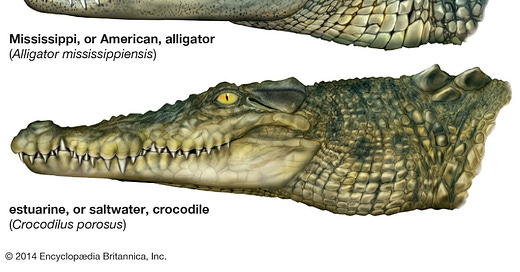It’s usually the little things that stick - oddly specific, maybe slightly embarrassing, things no one teaches you but everyone seems to know. A gesture in a conversation, a song you’ve never heard that everyone else seems to have grown up with, why a place is closed when the internet says its open, who built a place & who took credit for it.
Every choice made had an alternative. These aren’t detours from culture - they are the culture.
They’re how we start to draw lines between ourselves and the world around us. if you notice enough of them, you start to build something out of the pieces.
A way in. A way through.
This post started in the drafts folder, but it’s about a lot of what I’m working through here - adapting to France, thinking of the US and the world, trying not to emotionally hydroplane about it all - it isn’t about getting it perfect.
It’s about getting something down so you can start to connect to it. Because adapting to life in another country happens in the smallest of pieces. Strange, uneven fragments that feel disconnected at first, but slowly begin to connect and the connections can be surprising.
The audio part is half classroom metaphor, half post-move survival strategy—a way I’ve tried to make sense of those tiny, weird moments that helped me feel a little more at home.
K
Some points from the audio for those who like to read more than listen
the text doesn’t really match the audio anyway. Oops.
Moving between countries blows up many of your frames of reference, or it should. It doesn’t just shift your location—it shifts how you think, feel, learn.
I’m not just trying to understand myself, but myself in the place I’ve landed in.
When You’re Emotionally Open, You’re More able to Learn
As a teacher, especially in my later years, I focused more and more on Stephen Krashen’s affective filter. It’s the idea that we learn best when we feel safe, open, validated. When we’re not in defense mode.
It’s true for students, and it’s true for adults - especially those learning a new culture and a new language.
Culture and language are different kinds of learning. I like to compare it to reading about swimming. It can be very useful, but you probably won’t be reading a book while you’re doing it. .
You absorb culture and language, slowly (or I do, at least).
In jokes. In etiquette. In that weird feeling when someone says tu instead of vous and you’re not sure if it’s a compliment or an insult.
These little cultural but, these strange French facts, food rules, obscure pop hits, or administrative customs - are what I hold onto.
they give me something to ask about. Something to connect through.
They’re funny.
They lower the filter.
The Aligator Crocodile thingy about stuff in places
I used to ask kids: what’s the difference between an alligator and a crocodile? The words of the question would be projected on the screen so everyone could easily read them.
A clear enough question, but not really a fair one: out of the blue, no frame of reference, just tell me the difference between 2 lizards?
Silence. Except the one kid who’d been studying lizards and dinosaurs since before she could read.
Then I’d show a side-by-side drawing, and suddenly the differences jumped out. Hands go up; everybody has something to say.
It’s a fairer question: contrast sharpens perception.
Moving abroad works like that.
logical, comparisons
France has made me see the U.S. more clearly. And vice versa.
The contrasts—linguistic, cultural, procedural—aren’t just things to overcome. They’re tools for understanding.
There is a logic to everything, even if it might not be one I understood at first. You start to see the scaffolding of how things work, and why. And eventually, maybe, you see where you fit inside it.
So I keep writing these pieces because they help me build a new framework.
They’re side doors into culture. Into memory. Into conversation with people where I live. Connection, one small, odd bit at a time.
I’m already a bit odd anyway because I’m not from around these parts, so why not lean into it a little?
Ah ! Les Crocodiles (2024) - Julien Doré
From Doré’s album Imposteur, Ah ! Les Crocodiles is a 19th-century nursery rhyme about a crocodile going to war along the Nile that it seems many French kids learn early on. Doré won Nouvelle Star (kind of France’s American Idol) in 2007 and had a few hits along the way.
The outfits make the video.
Edit - a piece I referred to in the audio about Maus
I mentioned this in the audio - one panel that says so much about their relationship.
The tattoo on Vladek’s arm is a reminder of his Holocaust experience and featured in the foreground, always visible, even during something as mundane as exercise, which he does for a heart condition.
While Vladek pedals on a stationary bike, trying to maintain his health and routine, Artie smokes and pushes for emotional truth and almost exploits his father for more stories. And of course, Artie is Art Spiegelman, the author of the story who chooses to show himself this way.
The cigarette, the bike, and the tattoo together highlight the tension between survival, memory, his son’s aloof indifference and their struggle to connect. One panel tells so much of the story.

















Share this post